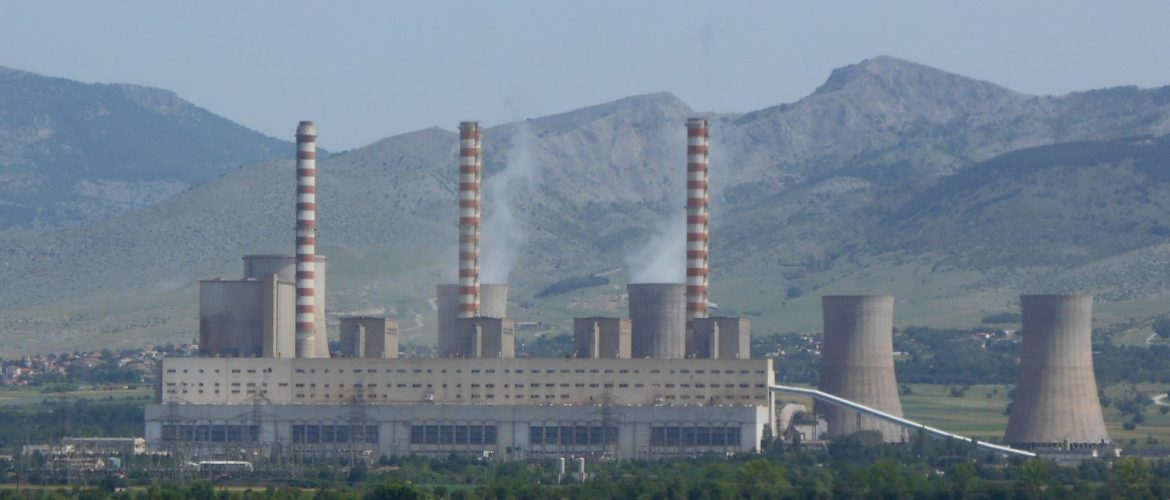The commitment of the Greek Prime Minister to close all lignite plants by 2028 constitutes a decision of historic significance. Attention now must turn to the just transition of lignite regions.
Energy policy of Greece enters a new chapter.
During the United Nations Secretary General’s Special Summit on Climate Action, Greece’s Prime Minister, Kyriakos Mitsotakis, committed to “close all lignite plants the latest by 2028.”
This decision is of historic importance, since lignite constitutes the main fuel of the country’s energy mix for more than six decades. At the same time, however, lignite has been responsible on average for 34% of the country’s greenhouse gas emissions during the period 1990 to 2017, one of the highest percentages in the European Union. Hence, lignite has been the main reason for Greece being listed among the countries with the worst climate record in Europe.
Beyond the negative impacts of burning lignite on public health and the environment, the progress in renewable energy technologies in combination with the European environmental legislation and the European energy policy led lignite to be economically unprofitable in recent years.
A recent report by the Green Tank demonstrated a cumulative loss of €683 million from the operation of lignite plants during the last 3,5 years, as well as, that if the lignite fleet owned by the Public Power Company (PPC) remained as it is today, then the losses would reach €1.3 billion in the next 3,5 years.
“Congratulations to the Greek Government for its historic decision for complete lignite phase out by 2028. This commitment must be included in the National Plan for Energy and Climate, which is under review, while it also necessitates a change of course in regard to the construction of the new PPC lignite plant “Ptolemaida 5”. Now, that the lignite field has become clearer, attention must be drawn to those regions of the country, the economies of which are deeply dependent on lignite. The transition of Greece to the post-lignite era must be sustainable and just for local communities, which for decades were burning so that all of us would have electricity,” noted Nikos Mantzaris, senior policy analyst for climate and energy at the Green Tank.
Notes
to the editors
- 2028 is the year that the environmental permits of all PPC’s lignite plants expire.
- With this commitment, Greece joins the progressive members of the EU that have either already moved beyond coal or have committed to do so by 2030.
- Prior to this decision, Greece was listed among a minority of 6 member states, which had not even discussed the potential of a lignite phase out (together with Poland, Bulgaria, Romania, Slovenia and Croatia).
- You can read the Green Tank’s report “The economics of Greek lignite plants. End of an era”.
- You can watch the video of Greece’s commitment to the UN Special Summit on Climate Action by the Greek Prime Minister (23/9/2019).



















































































































































































































































































































